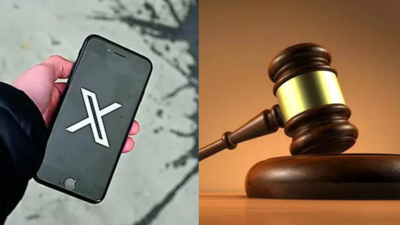The Centre has strongly criticised social media platform X for describing the ‘Sahyog’ portal as a “censorship” tool, calling the claim “unfortunate” and “condemnable” in a detailed response submitted before the Karnataka High Court.
The government countered X Corp’s challenge to India’s information-blocking framework, asserting that the platform had misinterpreted provisions of the Information Technology (IT) Act, particularly Sections 69A and 79(3)(b).
X Corp has argued that Section 79(3)(b) does not grant the government authority to issue content-blocking orders bypassing the safeguards of Section 69A, its associated rules, and the Supreme Court’s ruling in the Shreya Singhal case. However, the Centre maintained that Section 69A explicitly permits the government to issue blocking orders under specific conditions, with multiple safeguards in place.
Clarifying the distinction, the government stated that Section 79(3)(b) merely outlines intermediary obligations, and non-compliance could lead to the loss of safe harbour protections under Rule 7 of the IT Rules, 2021. It argued that X Corp had wrongly equated “blocking orders” under Section 69A with “notices” under Section 79(3)(b), despite the Supreme Court previously differentiating the two.
Defending the ‘Sahyog’ portal, the government described it as a structured mechanism facilitating coordination between intermediaries and law enforcement agencies to address unlawful online content.
“It is misleading to label Sahyog as a censorship tool. By doing so, the petitioner wrongfully presents itself as a content creator rather than an intermediary. Such an assertion from a global platform like X is deeply regrettable and unacceptable,” the Centre stated.
The government also noted that X, as a foreign commercial entity, has no inherent right to host or defend third-party content. It cited a previous Karnataka HC ruling in a case brought by Twitter, stating that Articles 19 and 21 of the Indian Constitution do not apply to the company.
With this submission, the Centre has reinforced its position that India’s legal framework on information blocking is distinct and well-defined, dismissing claims of government overreach.




